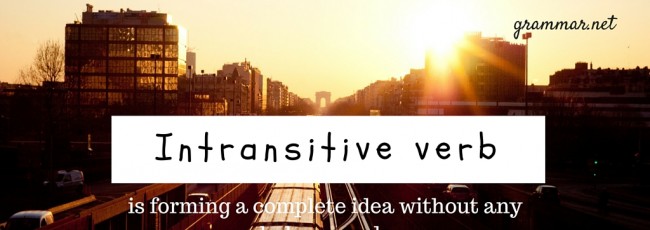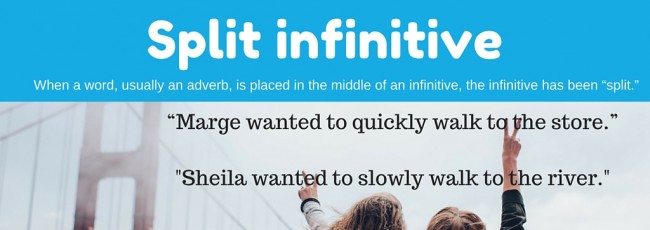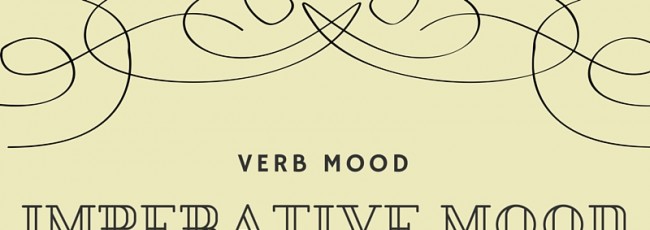Online Spell check, Grammar, and Thesaurus checking
Tag: verbs
Intransitive and transitive verb
- October 2, 2015
- Posted by Mila

Intransitive An intransitive verb is not followed by an object. If the subject and verb can stand by themselves as a complete sentence, forming a complete idea without any helper words, the verb is intransitive. “Foofoo barked.” This clause is complete even though no other information is offered. “Foofoo, the little black cocker spaniel that…
Split infinitive
- September 26, 2015
- Posted by Mila

Infinitives are two words that combine to form a single verb, such as “to walk,” “to draw” and “to swim.” Although the pair of words is treated like one verb, “to” is actually a particle; the verb itself is the infinitive. When “to” is dropped, the infinitive is called a “zero (or bare) infinitive.” The…
Imperative mood
- September 13, 2015
- Posted by Mila

In English, each sentence has a mood, that is expressed through the verb. Verb moods are indicative, interrogative, subjunctive/conditional and imperative. Imperative Mood An imperative statement is a command, advice or instruction; it can be quite strong or to be just a suggestion. This type of sentence does not typically name a subject as it…
Moody? Tense? Irregular? You must be a verb!
- June 13, 2011
- Posted by Mila
English is influenced by so many other languages that most rules have exceptions; verbs are no different. Regular verbs are simple: “I dance”, “I danced”, “I will dance”, “I want to dance”, “I am dancing”. The main quirk of regular verbs are those that end in a consonant and “y”, such as “copy” or “study”–the…


